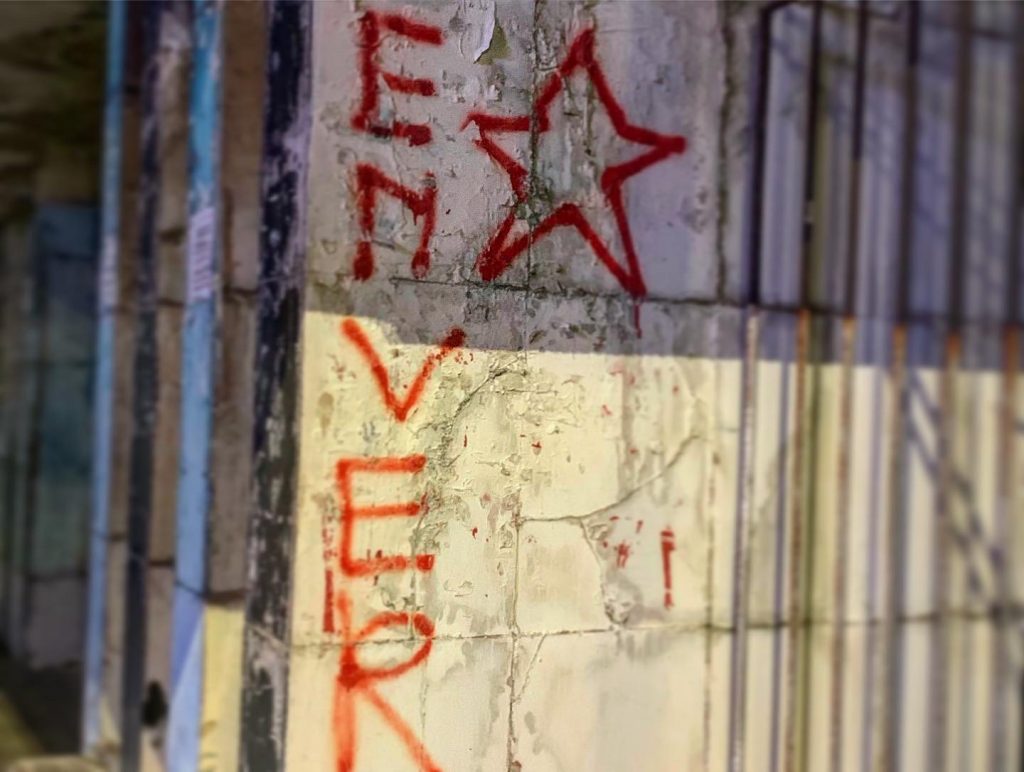Dictator Swagger:
On This Day
Tirana, Albania – April 11, 1985: Albania’s communist leader Enver Hoxha dies of complications brought on by a ventricular fibrillation. Hoxha had been in increasingly fragile health since a 1973 heart attack and, in his final weeks, had been confined to a wheelchair. Hoxha’s handpicked successor Ramiz Alia assumed control of the Party of Labour of Albania following the deceased leader’s funeral. Though Alia sought to loosen the Party’s Stalinist policies, by 1990, thousands of Albanians had fled the country to Greece, and he was later voted out of office in 1992, officially ending almost 50 years of communist rule in Albania.
Known as the “Iron Fist of Albania,” Enver Hoxha ruled the country from 1944 until his death. Hoxha’s proponents have claimed that over his 40 years in power, Hoxha made considerable contributions toward reconstructing and modernizing the country after the destruction brought on by Axis occupation during WWII. His other accomplishments include nearly eliminating illiteracy, upgrading the country’s healthcare system and major developments to the Albanian agricultural sector.

Hoxha Graffiti Found in Gjirokaster
Hoxha’s opponents have cited his government’s extreme repression of any forms of political dissent through the use of labor camps, forced exile, show trials, torture, persecution of clergymen, executions and a web of informants carried out by the secret police known as the Sigurimi. Notorious, too, is the extensive network of tunnels and bunkers built throughout the country at tremendous costs, which were meant to thwart an attack which never materialized from the Russians, Yugoslavia or the West.
Despite economic growth during the first half of Hoxha’s rule, by the time of his death the country had become one of the poorest in the world as a result of Hoxha’s anti-revisionist policies which saw a split with the Soviet Union, Yugoslavia, other communist countries, and, after 1976, China. Following the 1992 shift to capitalism, Hoxha’s cult of personality and legacy have been increasingly seen as a dark period in Albania’s history. Despite this, one can still find Hoxha’s name scrawled across the walls of his birthplace of Gjirokaster in southern Albania.
Pictured here: Hoxha in a propaganda photo with supports as well as Hoxha graffiti which we found in Gjirokaster in 2019.


